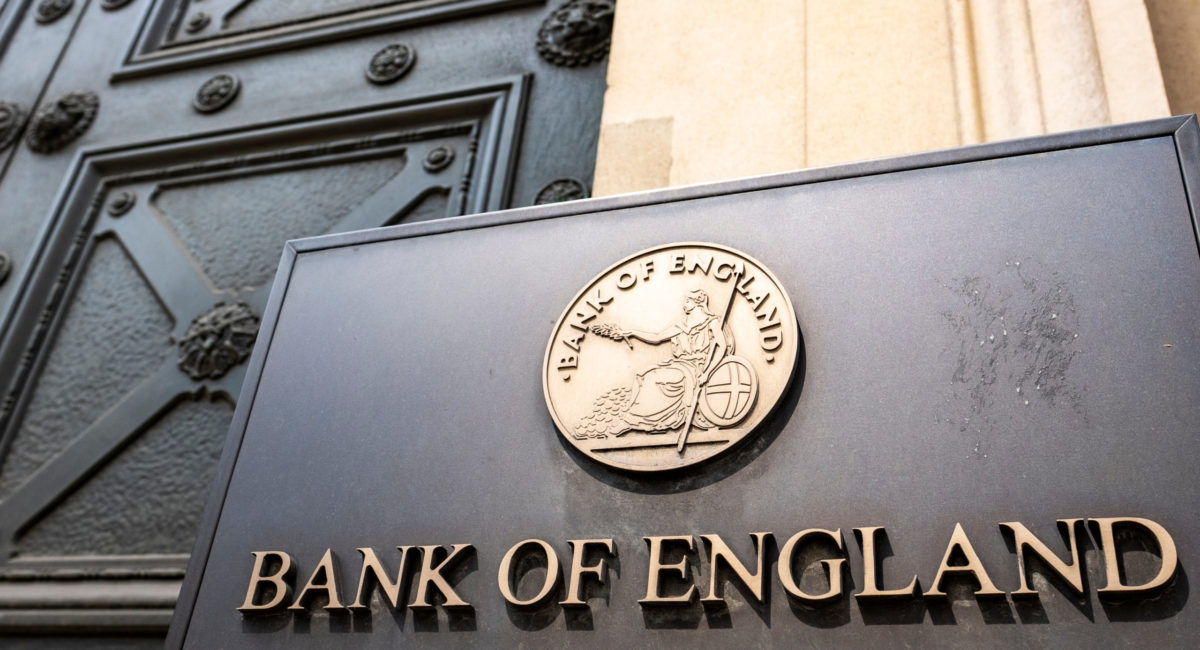Raise interest rates to 1.75 per cent immediately, votes Shadow Monetary Policy Committee
SUGGESTED

Julian Jessop quoted in The Telegraph


- The IEA’s Shadow Monetary Policy Committee (SMPC) has again voted unanimously to increase the Bank rate.
- This comes ahead of the Bank of England’s MPC meeting this Thursday.
- Members were split three ways on the size of the rate rise, but the consensus was an increase of half of a point, to 1.75 per cent.
- There was also a majority view that the rate should be raised further in forthcoming months, but a significant minority felt that there should be a pause before further rises.
- Some members noted that as monetary growth has already started to slow, care should be taken over too rapid a transition into quantitative easing.
During the July 2022 Shadow MPC meeting, the key area of debate concerned the scale of the rise in Bank rate. Two members voted to raise it by 75 bps to 2 per cent, six members voted for a 50 bps rise to 1.75 per cent, and one member voted to raise Bank rate by 25 bps to 1.5 per cent. Accordingly, in keeping with the voting convention, the Committee recommends that Bank rate be raised by 50bps to 1.75 per cent.
Most members (five) felt that Bank rate should be raised further in forthcoming months, but a significant minority felt that after this rise there should be a pause to consider the effects.
Some members noted that monetary growth has already started to slow, and, as a consequence, although they favour raising rates for now (and some of them anticipate rates rising 200 basis points or more further, yet), care should be taken over too rapid a transition into quantitative tightening.
Others argued that a slowdown in the real economy (along with some structural features of the modern labour market) will do some of the anti-inflationary work required, without the need for more than modest additional monetary tightening. There was also a significant opinion that the Bank’s key errors were in the past and that one should be wary of chasing the problem by trying to correct now for mistakes of many months ago.
Others argued that there was a danger that inflation will be more persistent than a straightforward reading of monetary growth figures might imply. There were at least two (related) strands to this.
One held that high inflation, including some loss of credibility of the monetary authorities from so large an overshoot of the target, may lead to wage rises with persistent effects upon inflation even with the initial monetary stimulus passed.
Others argued that the stock of money matters as well as the flow, and that it seemed unlikely that past excessive monetary growth had been converted fully into elevated prices, meaning there was monetary slack available to accommodate wage rises or other related inflationary pressures.
Andrew Lilico, Chair of the SMPC, said:
“This vote from the Shadow MPC illustrates how urgent it is that interest rates be raised, and raised rapidly. But our debate also highlighted that monetary growth has already fallen back from its previous highs and how persistent inflation will now be is uncertain.”’
ENDS
Notes to editors
1. The Shadow Monetary Policy Committee (SMPC) is a group of independent economists whose purpose is to monitor the decisions of the Bank of England’s official Monetary Policy Committee and make policy recommendations of its own.
2. The SMPC has met at least once a quarter at the Institute of Economic Affairs (IEA) since July 1997, making it the first such group in the UK.
3. To ensure that nine votes are cast each month, it carries a pool of ‘spare’ members. This can lead to changes in the aggregate vote, depending on who contributed to a particular poll. As a result, the nine independent and named analyses should be regarded as more significant than the exact overall vote.
4. The minutes of the July meeting can be found here: Minutes of the SMPC meeting of 12 July 2022
For media requests, please contact:
Emily Carver, IEA Head of Media, +44 (0)7715 942731, ecarver@iea.org.uk
For further information on the content please contact:
Andrew Lilico + 44 (0) 7886 711735 andrew.lilico@europe-economics.com
Trevor Williams + 44 (0) 7841 497791 trevor@trevorfwilliams.website
Julian Jessop + 44 (0) 7798 601692 julianhjessop@outlook.com
The mission of the Institute of Economic Affairs is to improve understanding of the fundamental institutions of a free society by analysing and expanding the role of markets in solving economic and social problems. The IEA is a registered educational charity and independent of all political parties.



